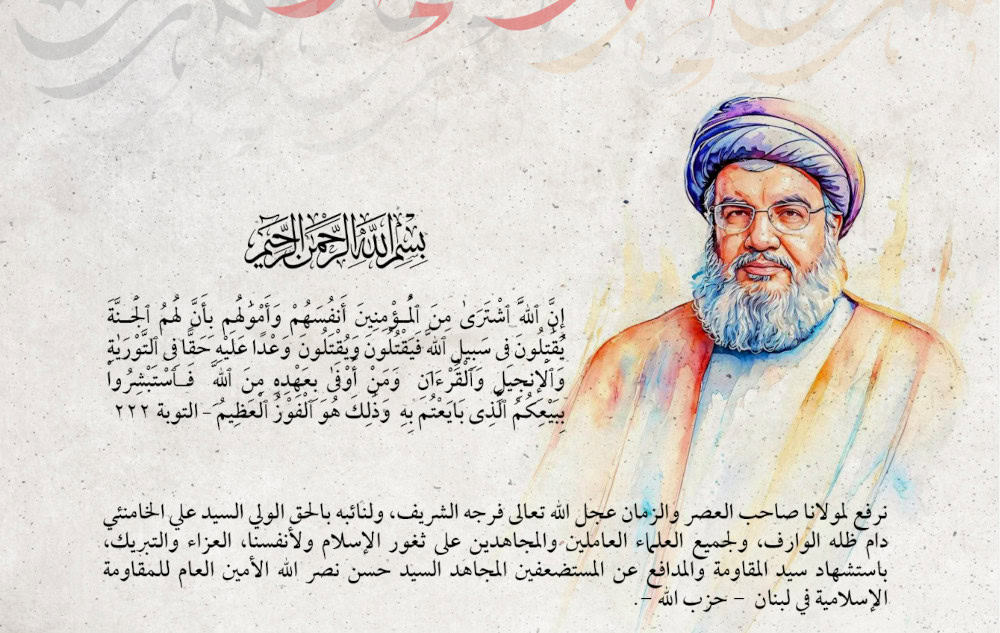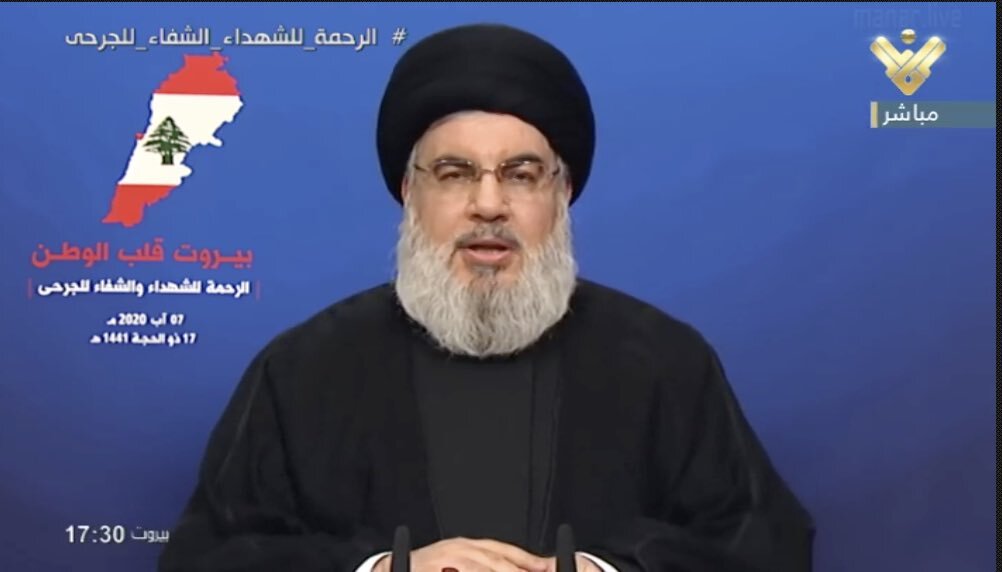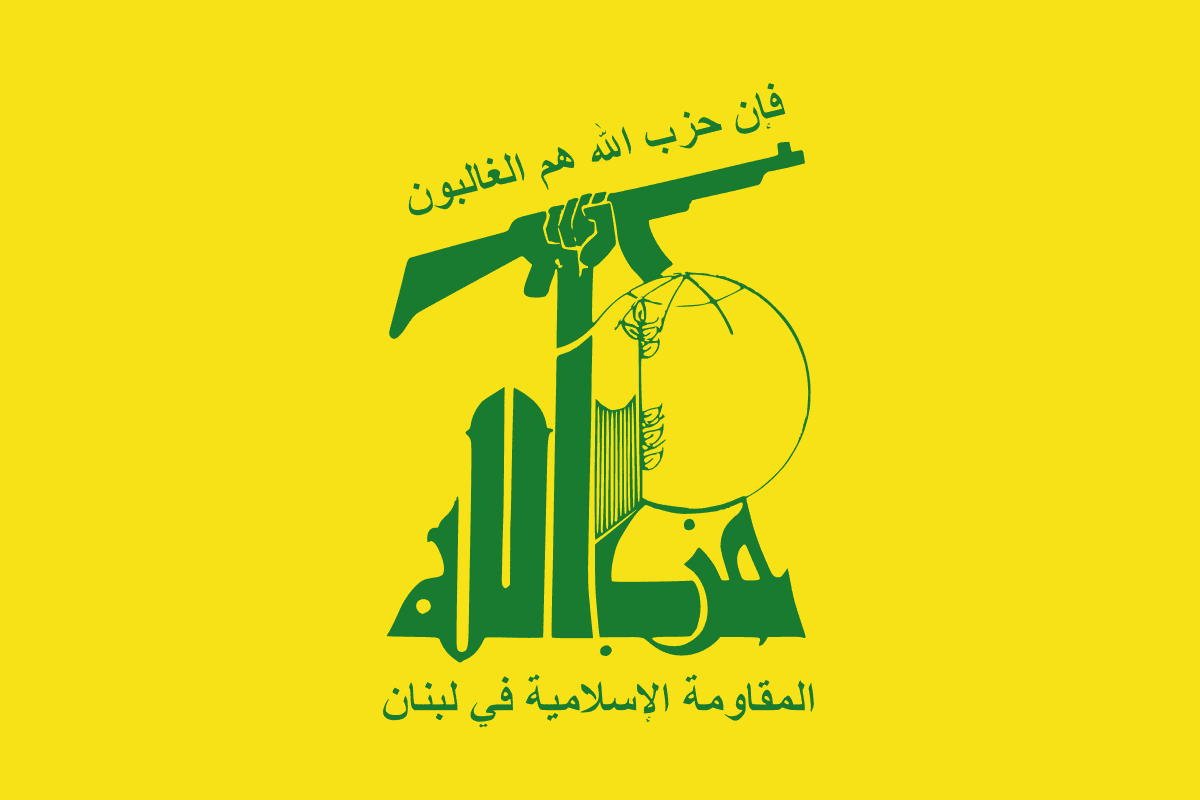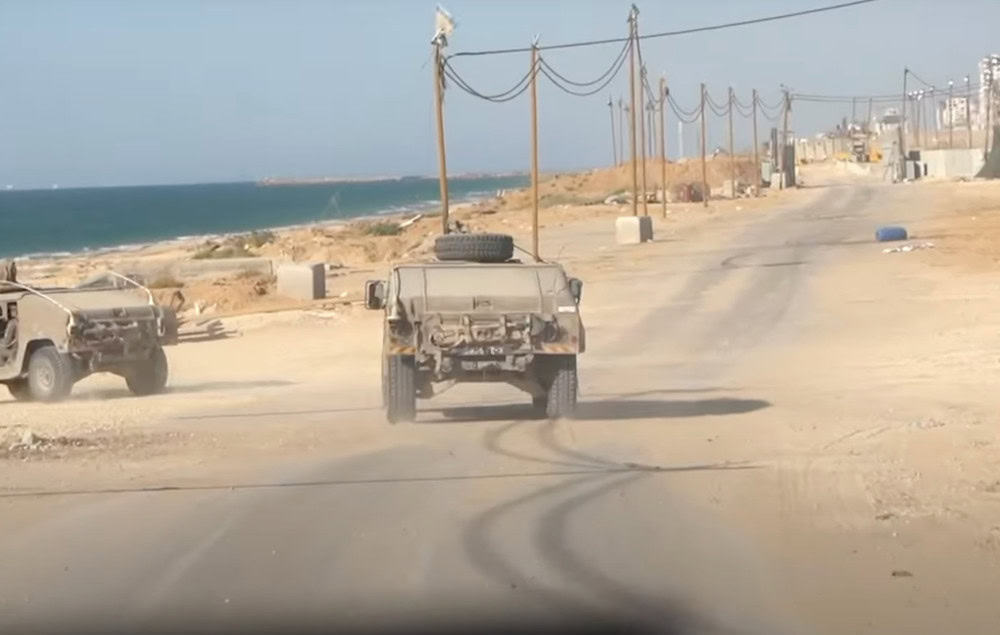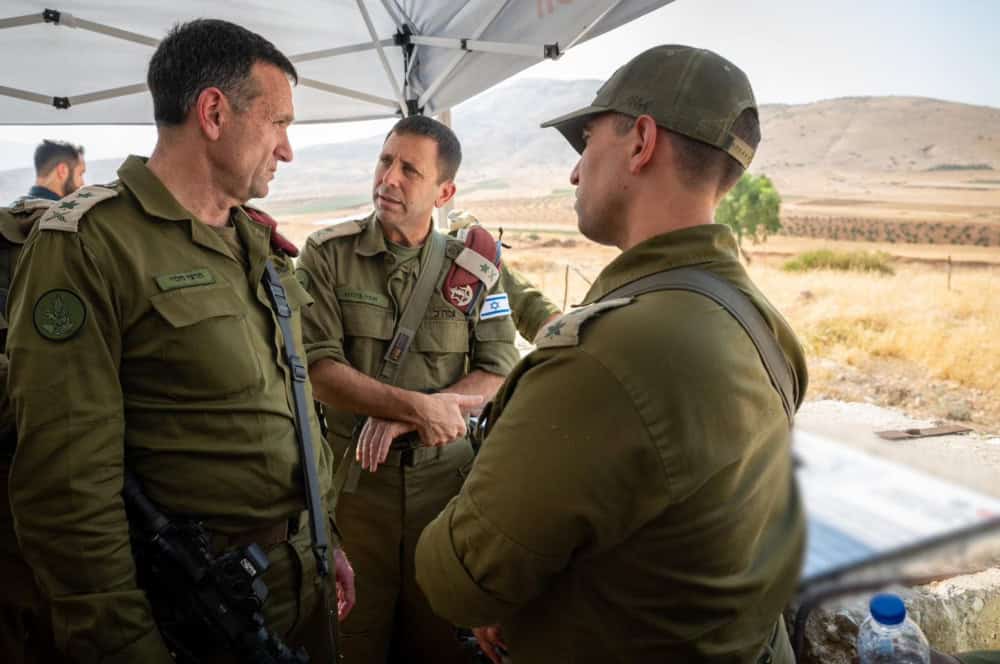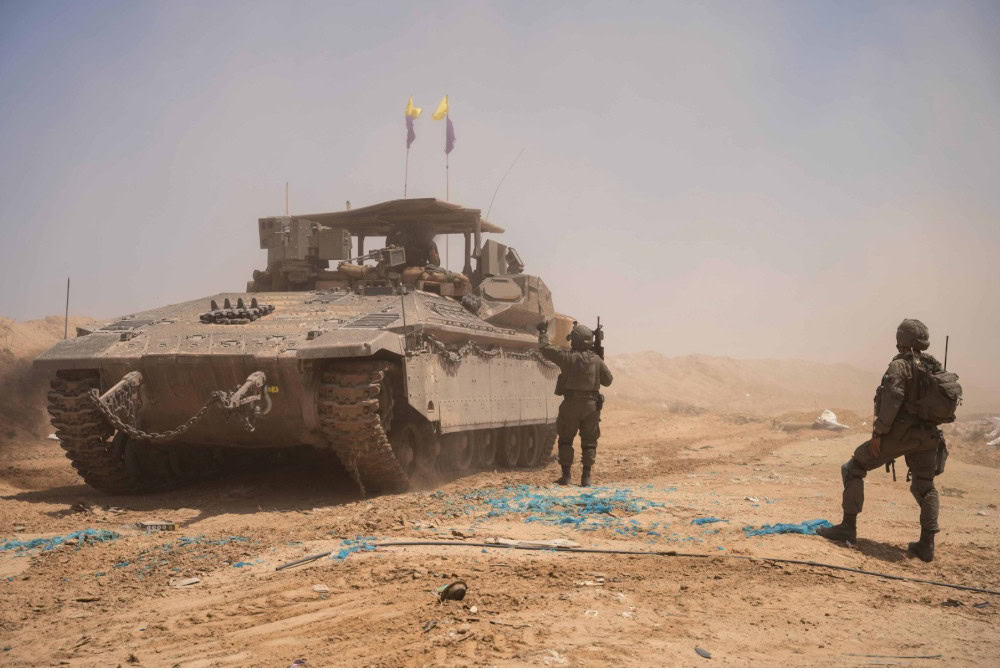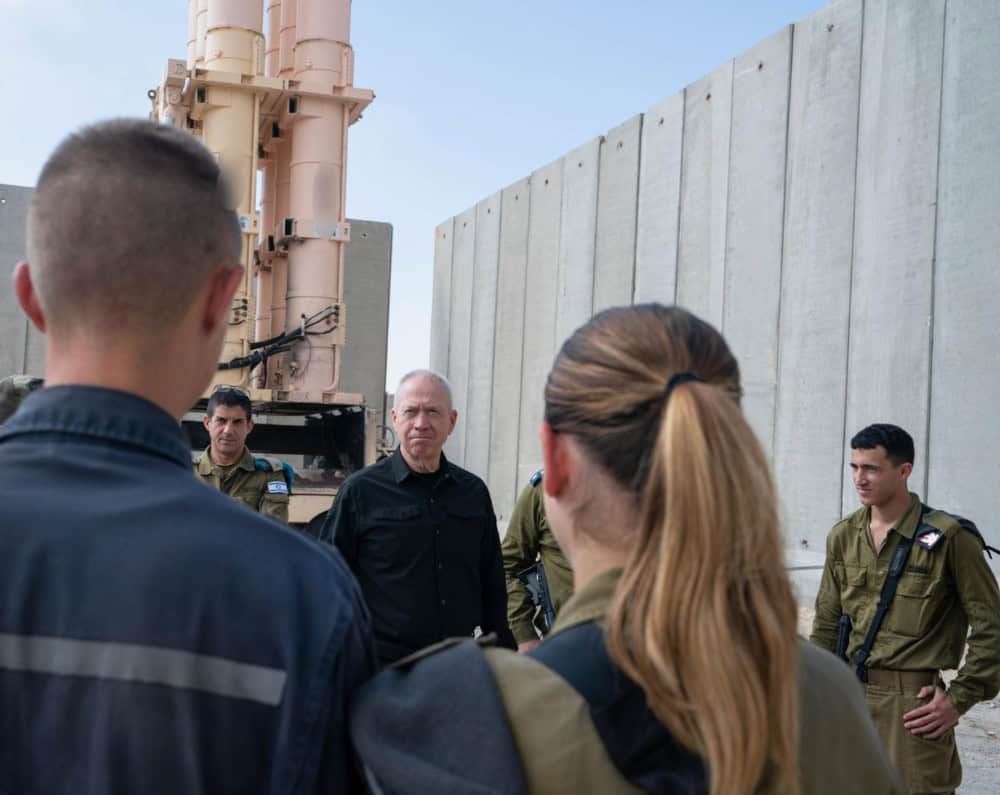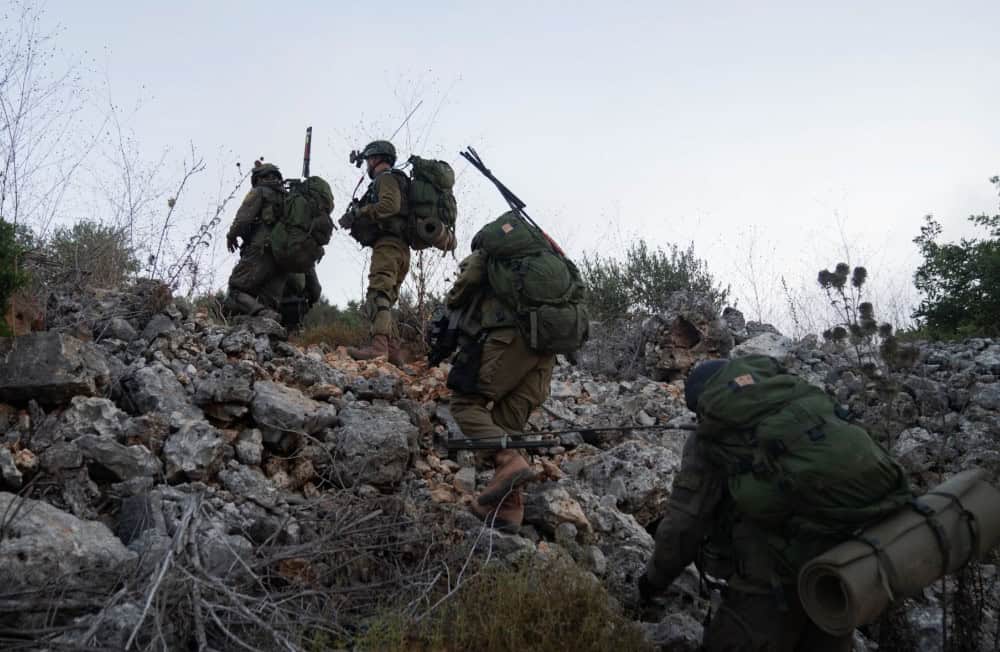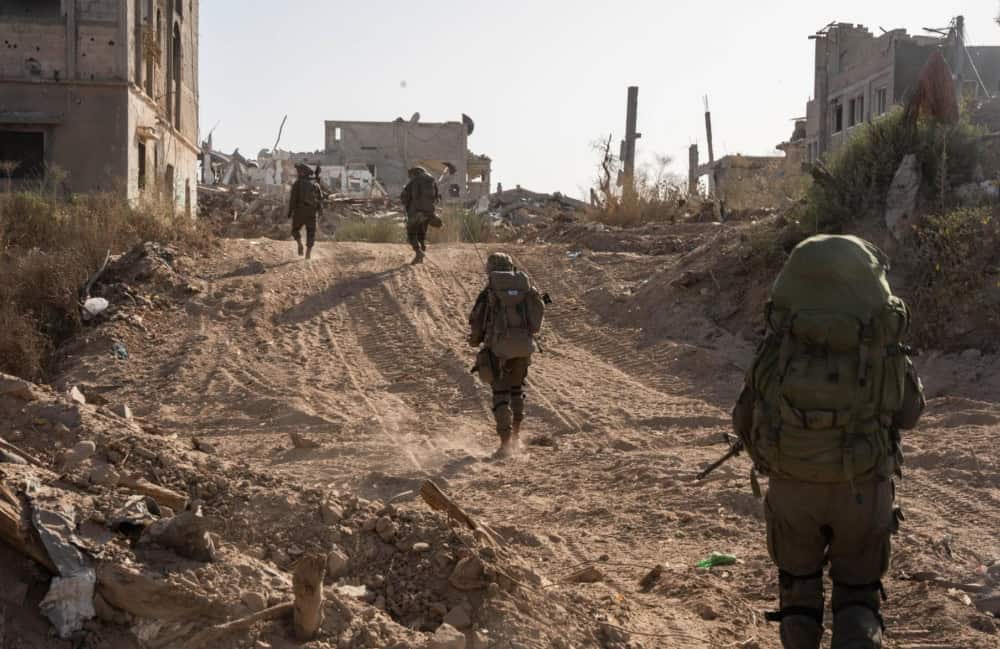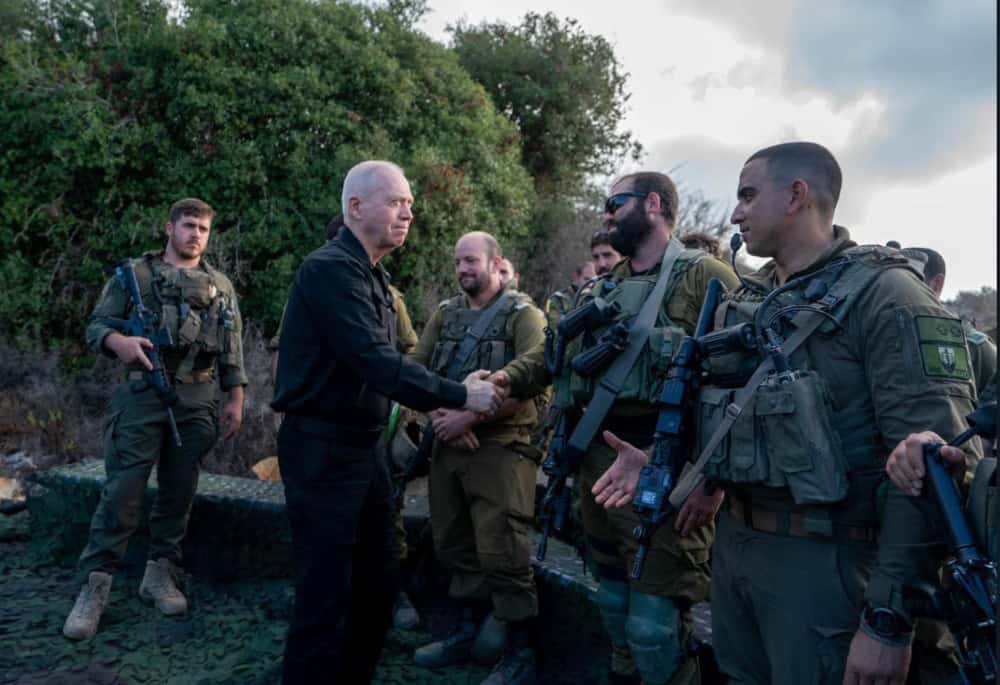
Israel’s defense minister meets IDF armored brigade in northern Israel as wider war looms
Israeli Defense Minister Yoav Gallant met with IDF troops from the 188th Armored Brigade. Israeli officials, such as Gallant, and senior commanders have been meeting with IDF troops deployed in the north over the past week, hinting that a ground operation could begin against Hezbollah.

